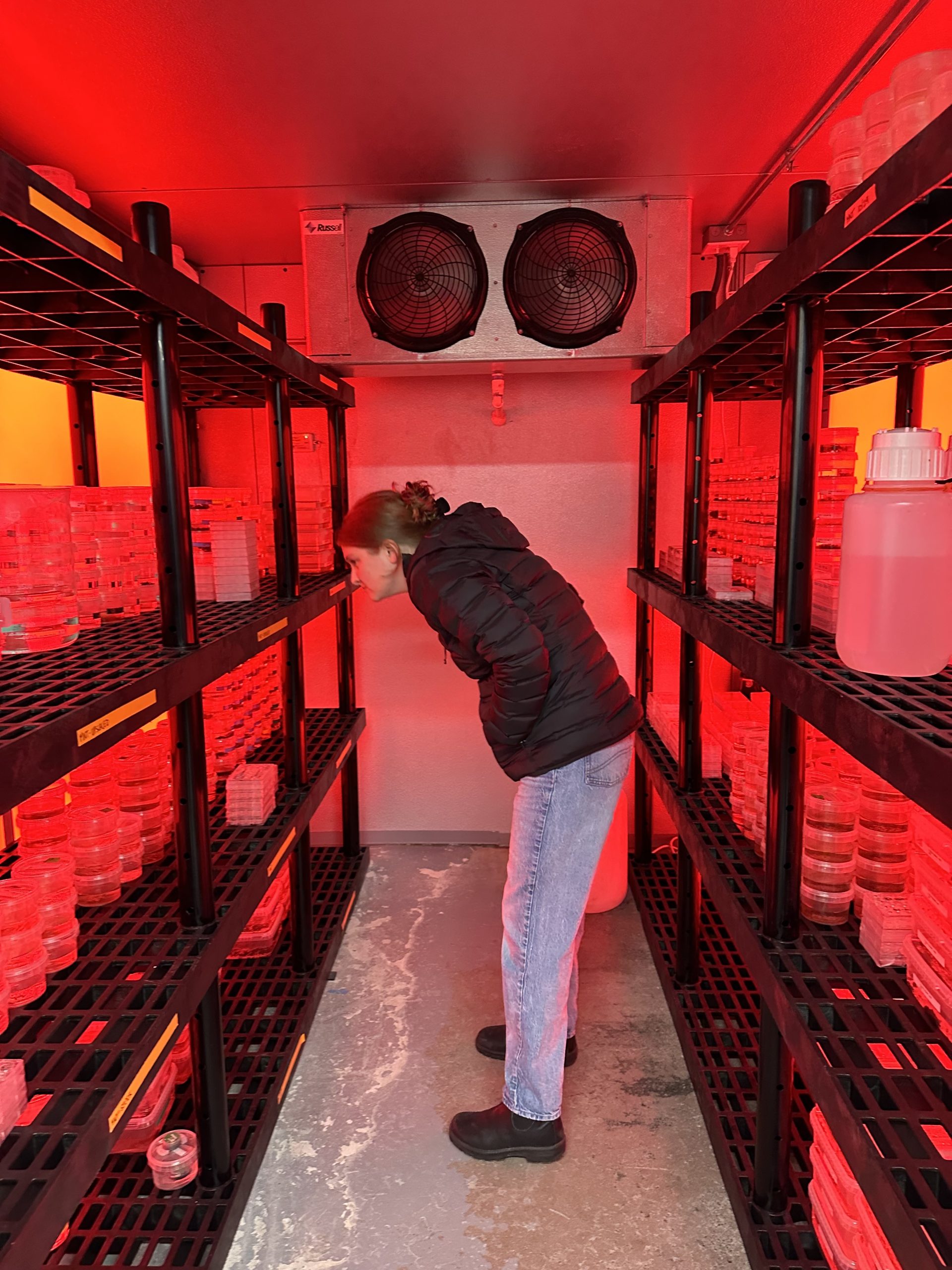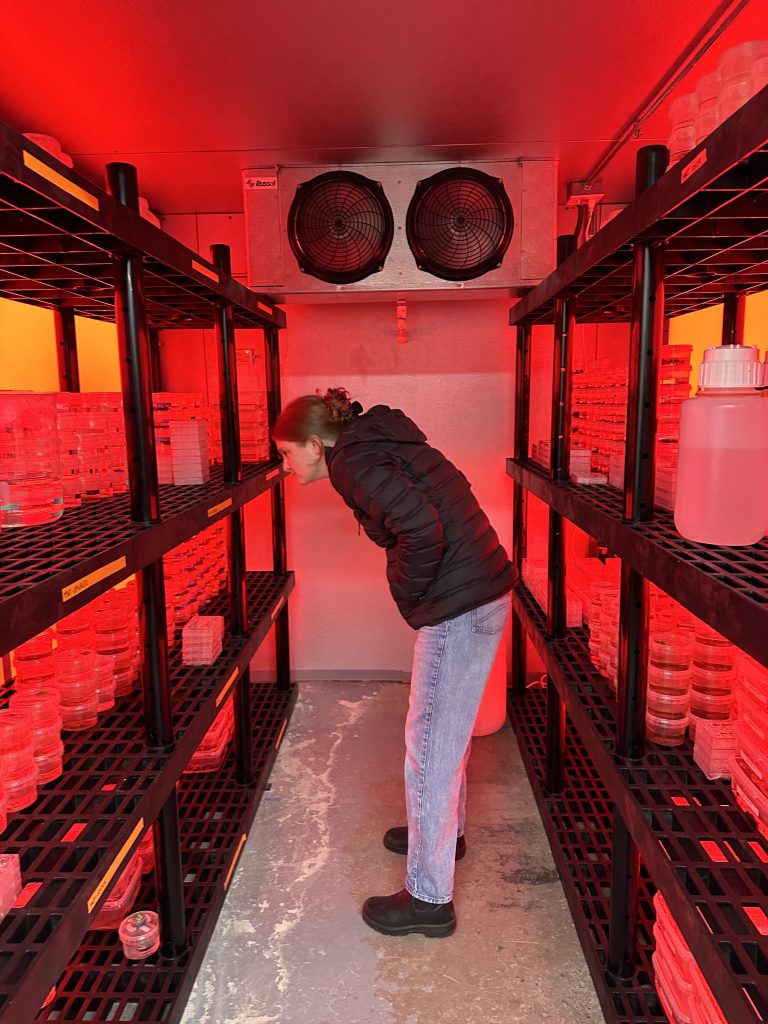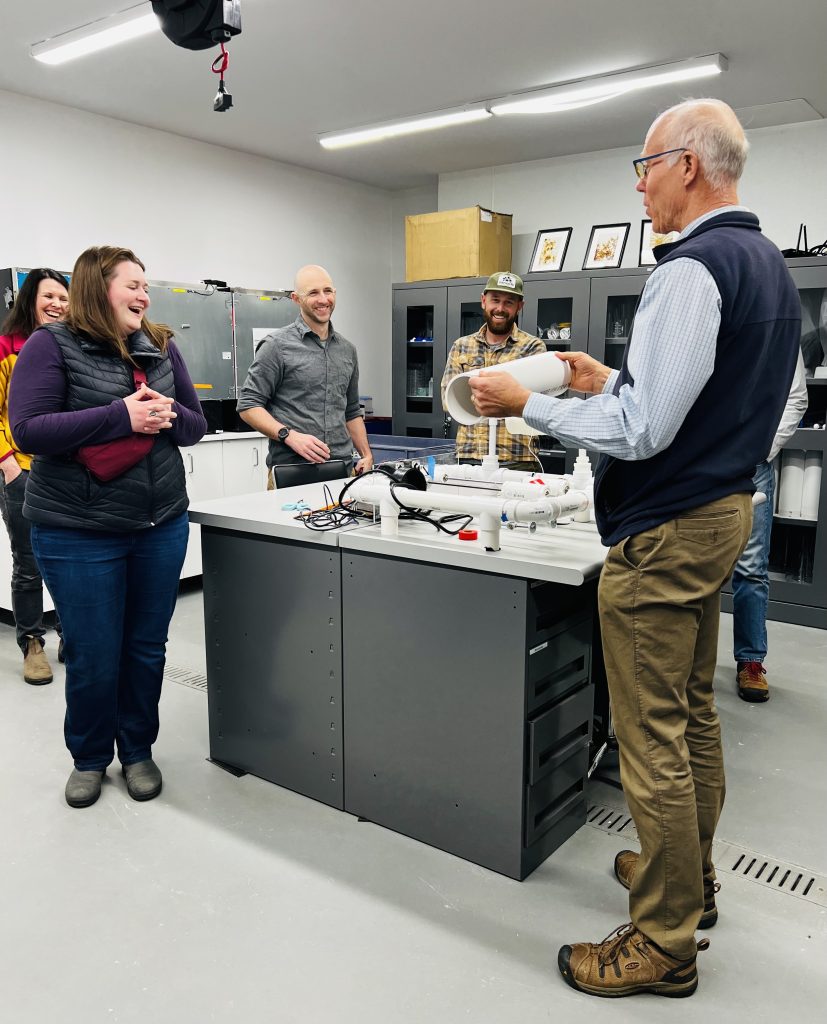
ARI’s Impact at NACE: Connecting Aquaculture Research with Industry Needs

The Aquaculture Research Institute (ARI) recently showcased its commitment to advancing sustainable aquaculture research at the Northeast Aquaculture Conference & Exposition (NACE) in Rhode Island. Established by the Maine Aquaculture Innovation Center in 1998, NACE brings together a diverse network of stakeholders to discuss innovative research in aquaculture. ARI played a significant role in this dialogue, facilitating student involvement and showcasing the expertise of its researchers. The team, including Adam St Gelais, Cara Blaine, Kara Chuang, Chris Noren, Denise Skonberg, Brian Beal, Ayodeji Olaniyi, Kyle Brennan, Sue Ishaq, Paul Rawson, and Tim Bowden, covered a broad spectrum of topics ranging from seaweed cultivation and advanced fish nutrition to innovative shellfish farming and ecological sustainability practices. This engagement, coupled with a strategic visit to GreenWave hatchery in Connecticut, known for its regenerative ocean farming practices, underscores ARI’s commitment to driving forward the industry through relevant research and collaborative development, reinforcing its leadership in aquaculture innovation.
At the NACE conference, ARI participated in a panel discussion led by communication specialist Corinne Noufi. The panel brought together diverse perspectives covering a range of topics from kelp aquaculture and nursery optimization to the complexities of scallop and finfish cultivation, as well as the importance of workforce development and communications. This session underscored ARIs dedication to fostering research that is not only academically rigorous but directly beneficial to the aquaculture industry. This approach effectively bridges the gap between academic research and practical application, ensuring ARI’s contributions impact the growth and sustainability of the aquaculture sector. Listeners can find the recording as part of ARIs Salty Talks Podcast.

Prior to the conference, the visit to the GreenWave hatchery in Connecticut highlighted the importance ARI places on shared knowledge and industry relationships. This visit allowed ARI researchers to engage in-depth with other field experts, facilitating the exchange of innovative techniques and ideas. The primary focus of this visit was the exploration of advanced cultivation practices, particularly in the realm of seaweed culture. Using its new state-of-the-art photobioreactor (a system that uses controlled light and nutrients to grow algae more efficiently), ARI is at the forefront of advancements in these areas. The practices discussed are essential in addressing key challenges in the industry, such as optimizing resource use and reducing environmental impacts.
These discussions at GreenWave extended to encompass broader concerns within the aquaculture industry, including market dynamics, workforce development, infrastructure challenges, and the role of aquaculture in climate change mitigation, reflecting ARI’s holistic approach to aquaculture research.
ARI’s attendance at NACE provided a crucial interface between academic and industry stakeholders, offering researchers and students valuable insights into the practical applications and implications of their research. This interaction is instrumental in fostering a collaborative space where academia and industry can converge, leading to innovations that are both scientifically sound and commercially viable.

